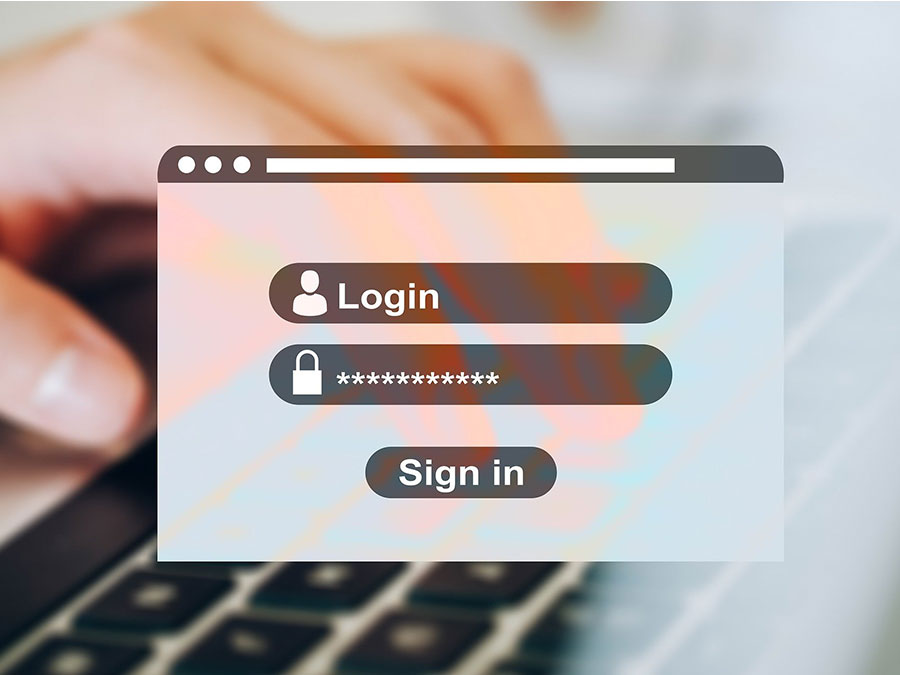With UK small businesses targeted with 65,000 attempted cyber attacks per day, having robust measures to deal with cyber security threats is more important than ever.
The recent attack on SolarWinds proves that no business is safe from hackers and that businesses both big and small should make cyber attack prevention an essential part of their organisation.
An increase in remote working and subsequent fragmentation of team members presents hackers with more opportunities to deceive staff and hack into systems It is therefore vital in today’s digital environment that you protect your organisation and your reputation by establishing cyber defences.
This blog post will cover some of the steps your business can take to reduce the risk of cyber attacks.
What is a Cyber attack?
A cyber attack is a malicious and deliberate exploitation of your systems and / or network, with the intent to compromise your data or even hold it hostage. Cyber criminals use a variety of methods to launch a cyber attack, from phishing and malware, to denial of service, and can strike at any time of day or night.
Despite the significant amount of cyber security exposures, a large majority of small business owners believe their business to be safe from hackers and breaches of data. This misinformation is due to the belief that small businesses are unlikely targets for cyber criminals. In reality, attackers are looking for the path of least resistance, making small businesses prime targets due to the lack of security measures in place.
Types Of Cyber Attack
Cyber attacks come in various shapes and sizes with the mutual aim of compromising your digital assets. Common types of cyber attacks include:
- Malware – A term used to refer to any software designed to cause damage to a computer, server or network. This includes the use of malicious software such as spyware, viruses, ransomware and worms to gain access to sensitive information. Malware breaches a network typically when a user clicks on a dangerous link or email attachment which then installs unsafe software.
- Phishing – The practise of sending fraudulent communications that appear to come from a reputable source. This type of attack is used to steal data, including login credentials and credit card information.
- Denial-of-service (DoS) attack – An attack with the intent to shut down a machine or network, making it inaccessible to its intended users. It works by flooding the system with traffic to exhaust resources and bandwidth, and as a result, the system is unable to fulfil legitimate requests. An additional type of DoS attack is the Distributed Denial of Service (DDos) attack and occurs when multiple systems work together to create a synchronised DoS attack.
- Man-in-the-middle (MitM) attack – Also known as eavesdropping attacks. This is one of the oldest forms of cyber attack and occurs when an attacker intercepts communications between two parties. Once the attacker interrupts the traffic, they use various methods to get access to your logins. A common point of entry for MitM attacks is unsecure public WIFI, whereby an attacker can insert themselves between a device and the network. Additionally, a MitM attack can be executed through fake login portals designed to deceive users into entering their login credentials.
Risks of Cyber Attacks
While most attempts fail, a small business in the UK is successfully hacked every 19 seconds. Cyber attacks can be disastrous for your business and lead to much financial loss, costing on average £25,700 in clear up costs per year.
Not only that, but the potential corruption of your sensitive data may lead to a reputational risk and see your customers opt for your competitors.
An alarming figure shows that nearly 60% of small businesses victimised by a cyber attack close permanently within 6 months. Most shocking of all however, is that more than half of these victims admit to making no further changes to their security methods to prevent future breaches.
Steps to Take to Prevent a Cyber Attack
Fortunately, there are effective and affordable ways to reduce your business’s exposure to common cyber attacks.
- Train your staff – One of the most common ways cyber criminals steal businesses’ data is through the manipulation of employees. They will often send fraudulent emails impersonating a legitimate person within an organisation and ask for personal details. Training your employees to spot fraudulent emails and to check links and email addresses for legitimacy before clicking them, can significantly reduce the risk of a cyber attack.
- Keep your software and systems up to date – Outdated systems and software leave them vulnerable to attackers. Once the attackers have infiltrated your system, it is often too late to take preventative action.
- Install a firewall – Putting your network behind a firewall remains one of the most effective ways to prevent a cyber attack. A firewall will block attacks made on your network before it can do any damage.
- Backup your data – This will ensure you avoid serious downtime in the disastrous event of a cyber attack. Backing up your data will help to prevent its loss as well as reducing financial losses.
- Use a professional provider – The surest way to establish absolute security for your systems and network is to seek the help of a trusted, professional provider. These expert teams will be able to advise and install the relevant security systems such as dark web monitoring tools, password managers, firewalls and encryption so that you can have peace of mind that your systems are safe.
Is Your Business Data Available on the Dark Web?
It may surprise many to learn that confidential personal and business data could be available on the dark web, a hidden network of websites often used for malicious activity. When a business or provider suffers a data breach, the leaked information is often made available on the dark web and sold on to other cybercriminals.
No matter how careful you are with choosing unique passwords for different online services, if a website you have an account with is hacked or suffers a data breach – all of your information within that platform could be made available on the dark web.
The risks are exacerbated when the same password is used for every service, allowing cybercriminals to utilise the data from the breach to gain access to other systems.
To find out more about the threats of the dark web and how you can protect against them, take a look at our blog post on dark web monitoring tools available from Absolutely PC.

Need Help Protecting Your Business Against Cyber attacks?
There are many preventative methods when it comes to avoiding cyber attacks. As a trusted business support IT company, we can offer a complete cyber security service including monitoring, dark web scanning, internet controls, training, updates and more. We can also support your business with achieving Cyber Essentials Certification and Cyber Essentials Plus.
If you are looking to protect your business against the threat of a cyber attack, ensuring you have all the relevant measures in place will benefit your business and prevent potential financial losses and reputational risks.
To find out more about how we can help, give us a call on 0117 975 9523 or schedule a no-obligation consultation with one of our expert team.


